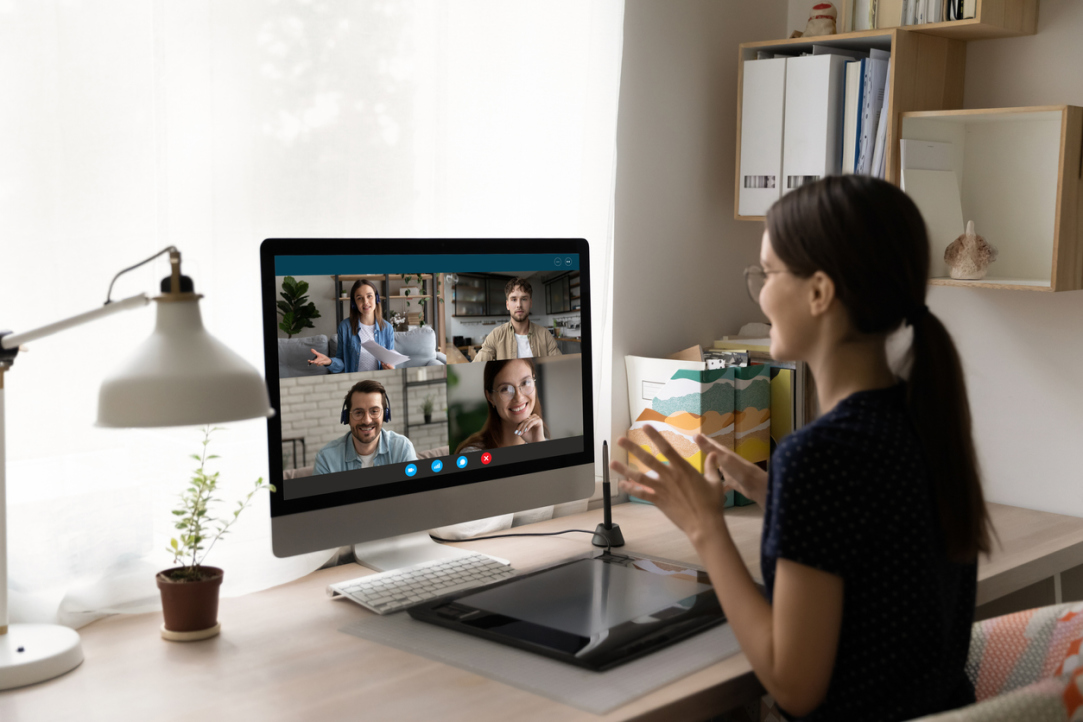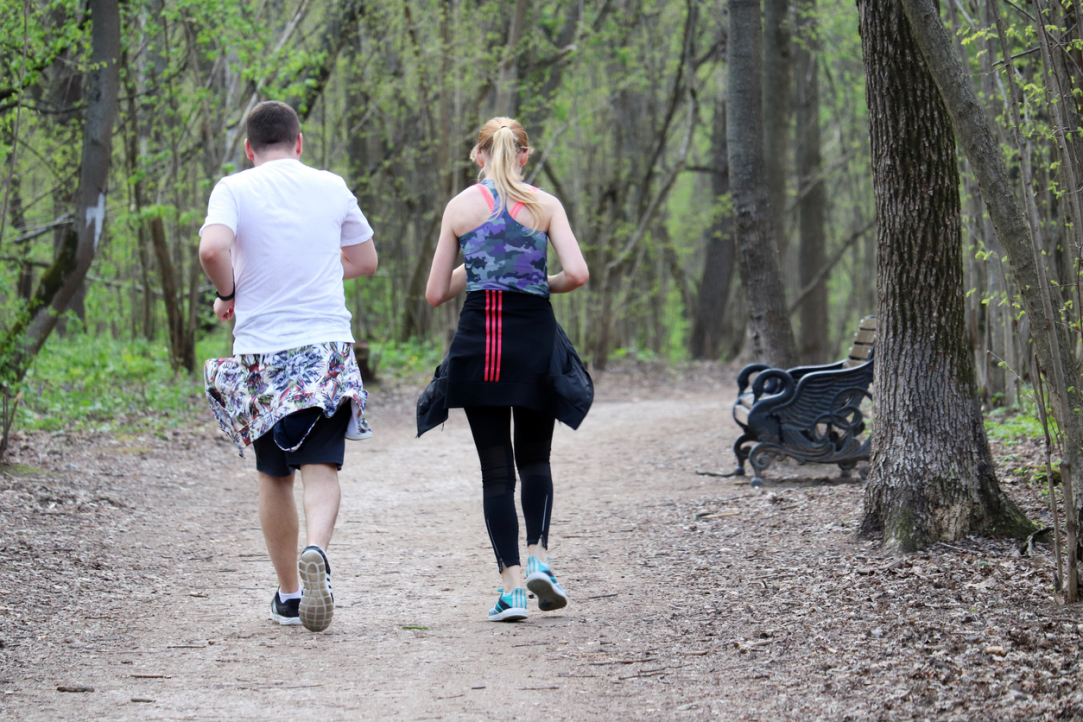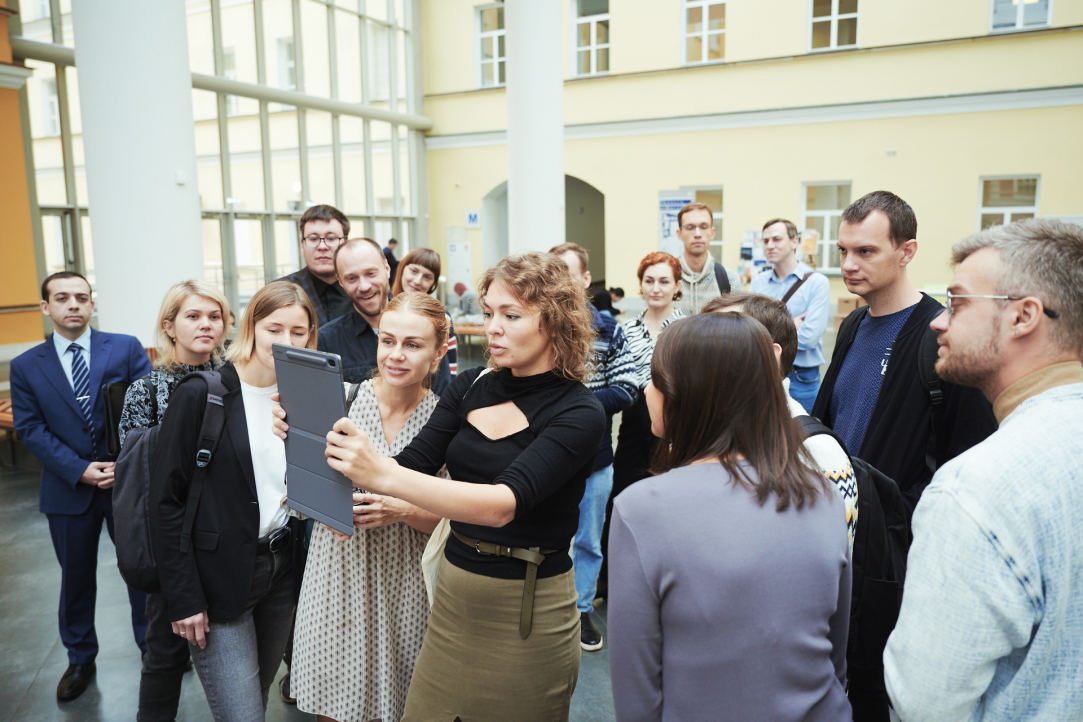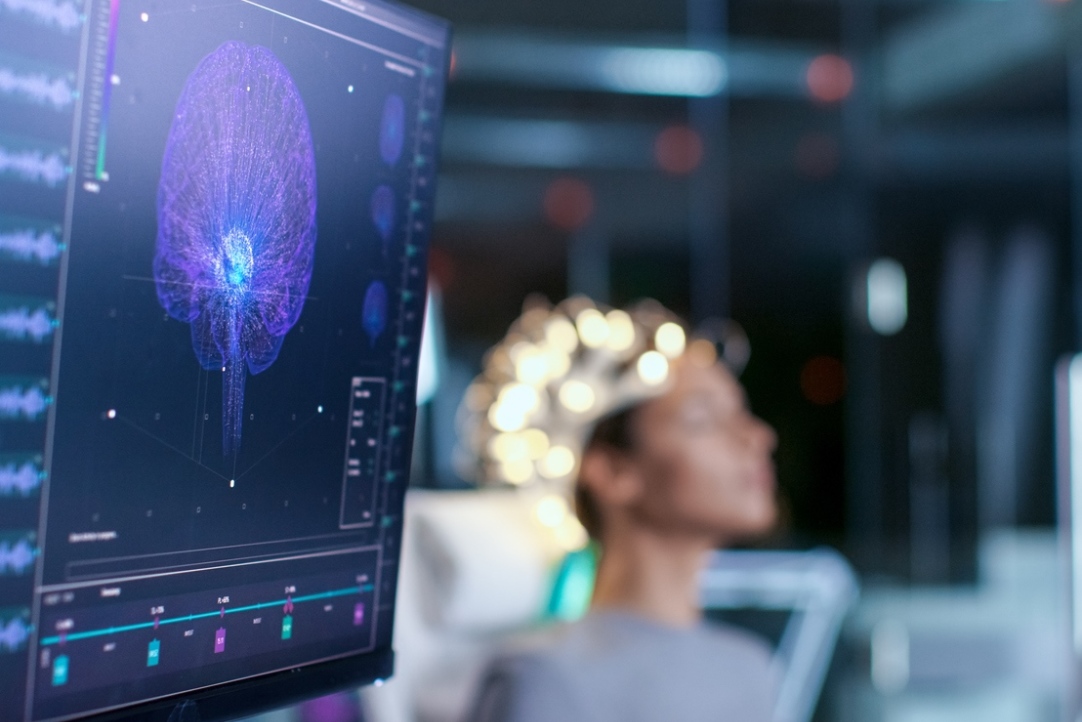
HSE University Researchers Adapt Emotional Contagion Scale to Russian Language
Scholars from the HSE Institute for Cognitive Neuroscience have translated the Emotional Contagion Scale into Russian and validated it on Russian-speaking participants. It was the first study of how people unconsciously ‘catch’ other people’s emotions using a Russian sample. The results of the survey, which involved more than 500 respondents, demonstrate that women are more inclined to imitate emotions of others than men. The study was published inFrontiers in Psychology.

Russian Scientists Teach AI to Analyse Emotions of Participants at Online Events
HSE researchers have proposed a new neural network method for recognising emotions and people's engagement. The algorithms are based on the analysis of video images of faces and significantly outperform existing single models. The developed models are suitable for low-performance equipment, including mobile devices. The results can be implemented into video conferencing tools and online learning systems to analyse the engagement and emotions of participants. The results of the study were published in IEEE Transactions on Affective Computing.

In Assessing Motivation, Rating Scales Are Far from the Best Choice
Researchers from HSE University and the Pushkin Institute have demonstrated that pairwise comparisons work better than rating scales for measuring motivation. The reason is that many people cannot rank their motives in a hierarchical fashion. The study findings are published in Frontiers in Psychology.

Physical Activity Found to Increase Life Satisfaction in Young Russians
Assistant Professor of the HSE Faculty of Economic Sciences Natalia Khorkina and Master's student in Economics Valeria Gritchina examined the relationship between physical activity and life satisfaction among young Russians aged 16 to 25 to gain a better understanding of the role exercise can play in young adults' subjective well-being. The researchers found that being physically active tends to contribute to a positive outlook on life, but mainly for men.

From Chelyabinsk to Krasnodar: 56 Postdocs From Across Russia Join HSE University This Year
A total of 56 early-career researchers will join HSE University in Moscow and St Petersburg in the 2022/2023 academic year as part of the university’s Russian Postdoctoral Fellowship Programme. Some are participating in the programme for the first time, while others are returning for their second year. HSE University in Moscow has welcomed 29 new researchers to its departments.

Brain Found to Simultaneously Process Linguistic and Extralinguistic Information
An international team of scientists from the UK, Spain, Denmark and Russia (including researchers from the HSE Institute for Cognitive Neuroscience) conducted an experiment demonstrating that people automatically integrate extralinguistic information into grammatical processing during verbal communication. The study findings were published in the Scientific Reports Journal.

AI Worse at Recognizing Images than Humans
Researchers from HSE University and Moscow Polytechnic University have discovered that AI models are unable to represent features of human vision due to a lack of tight coupling with the respective physiology, so they are worse at recognizing images. The results of the study were published in the Proceedings of the Seventh International Congress on Information and Communication Technology.

Machine Learning Helps Improve Perovskite Solar Cells
A team of researchers from HSE MIEM, LPI RAS, and the University of Southern California have applied machine learning to the analysis of internal defects in perovskite solar cells and proposed ways to improve their energy efficiency. The findings of the study performed on the Cs2AgBiBr6 double perovskite can be used to develop more efficient and durable perovskite-based materials. The paper has been published in the Journal of Physical Chemistry Letters.

Russian Researchers Propose New Approach to Studying Facial Emotion Recognition
Researchers of the HSE University and the Southern Federal University (SFedU) have tested a new method for studying the perception of facial emotional expressions. They suggest that asking subjects to recognise emotional expressions from dynamic video clips rather than static photographs can improve the accuracy of findings, eg in psychiatric and neurological studies. The paper is published in Applied Sciences.

Mathematicians and Practicing Surgeons to Fight Venous Diseases
One million people in Russia suffer from venous diseases. The ‘Intelligent data analysis for healthcare information systems’ Mirror Lab project brings together expertise in mathematics and medicine in order to better diagnose various conditions in phlebology. Project leader Vasilii Gromov talked to The HSE LooK about its achievements and prospects.


Application deadline: June 23, 2025